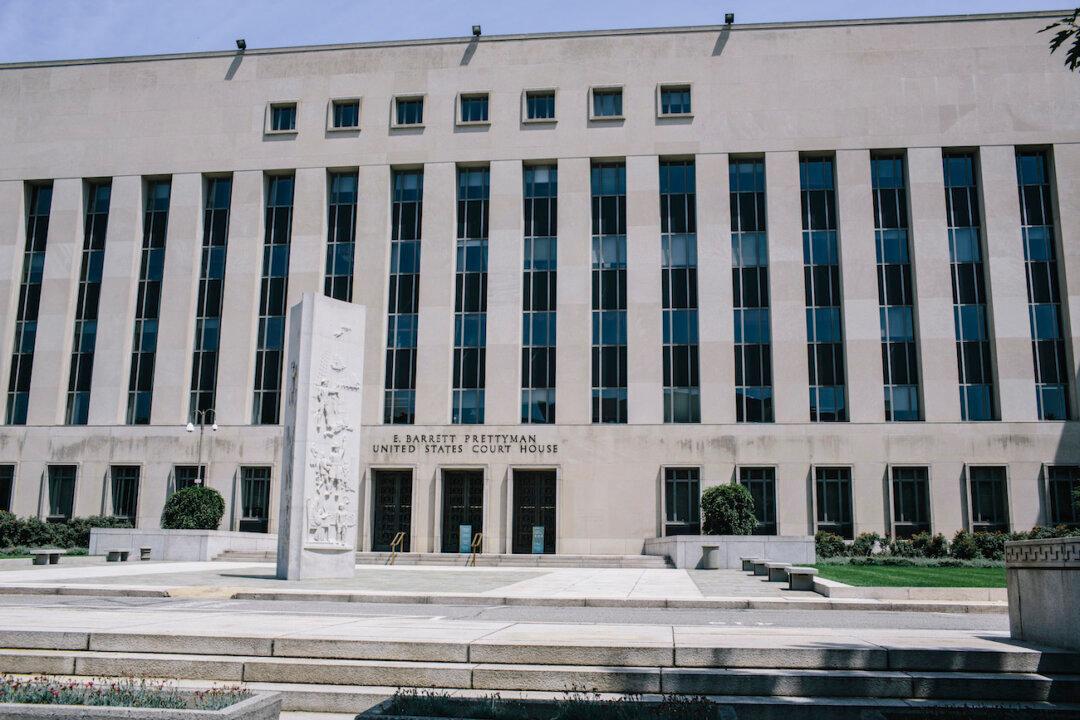A federal appeals court ruled on Tuesday that the Trump administration’s plan to resume executions of federal death row prisoners via lethal injection does not violate federal law.
In a 2-1 ruling, the three-judge panel of the U.S. Court of Appeals for the District of Columbia Circuit lifted an order in November 2019 by a lower court judge that had put on hold the executions of four federal death-row inmates.




